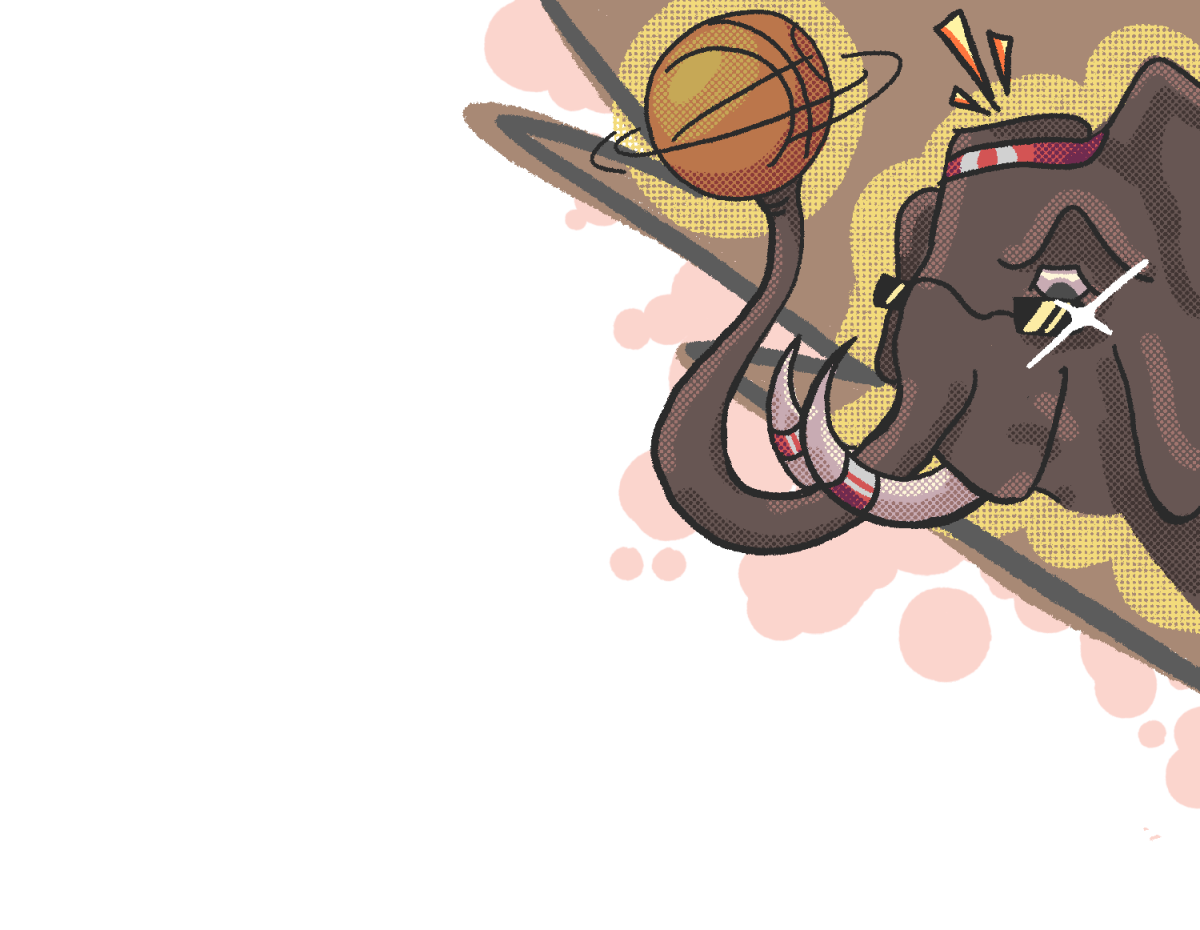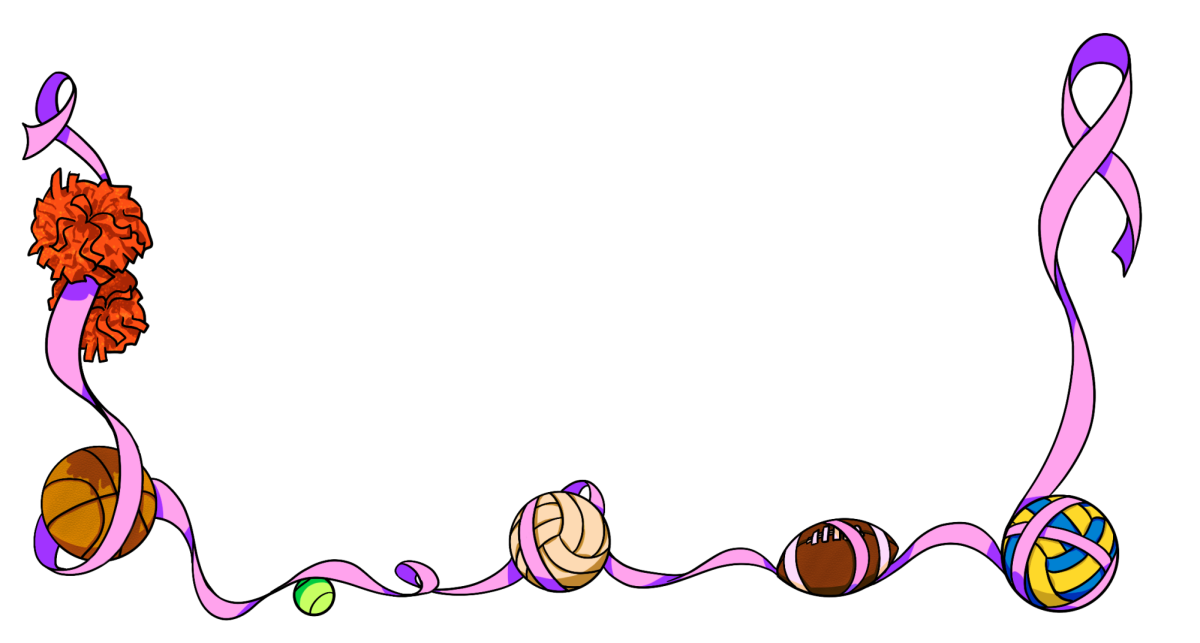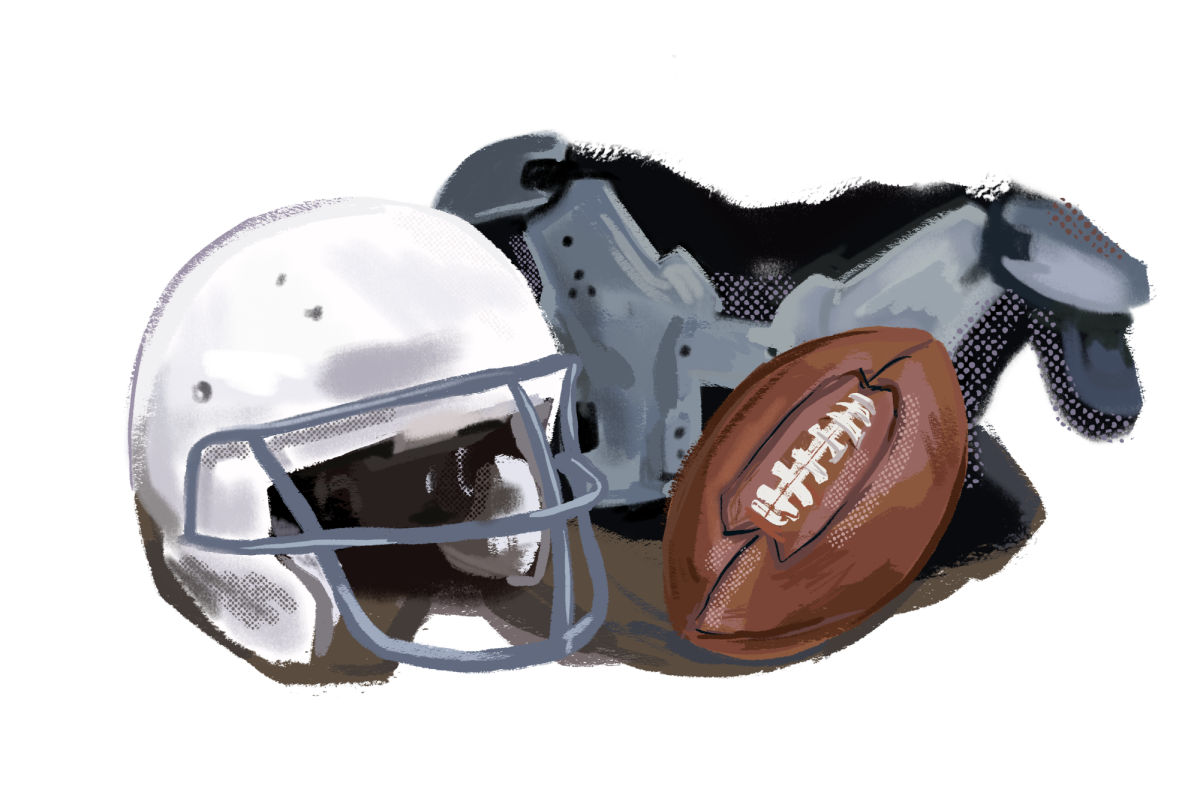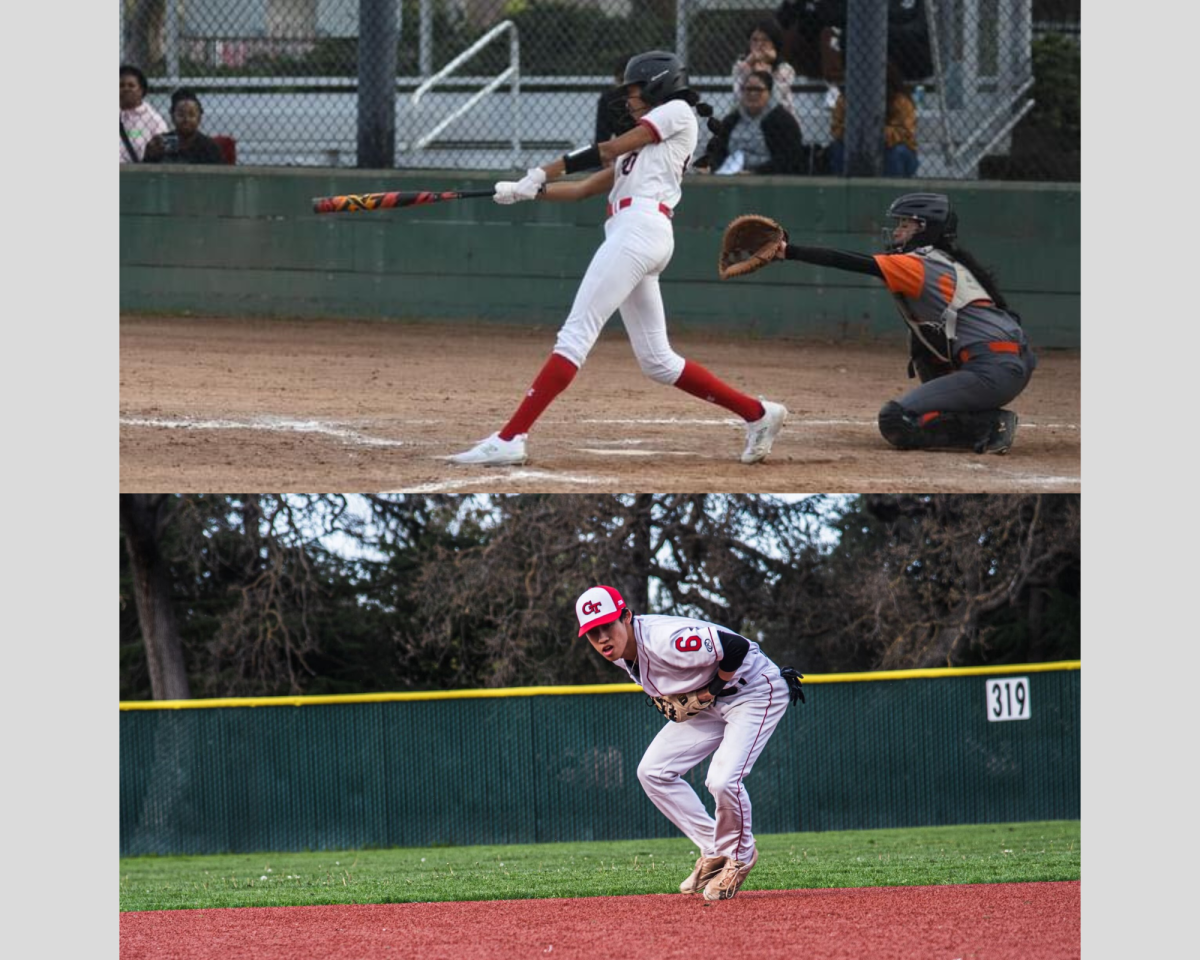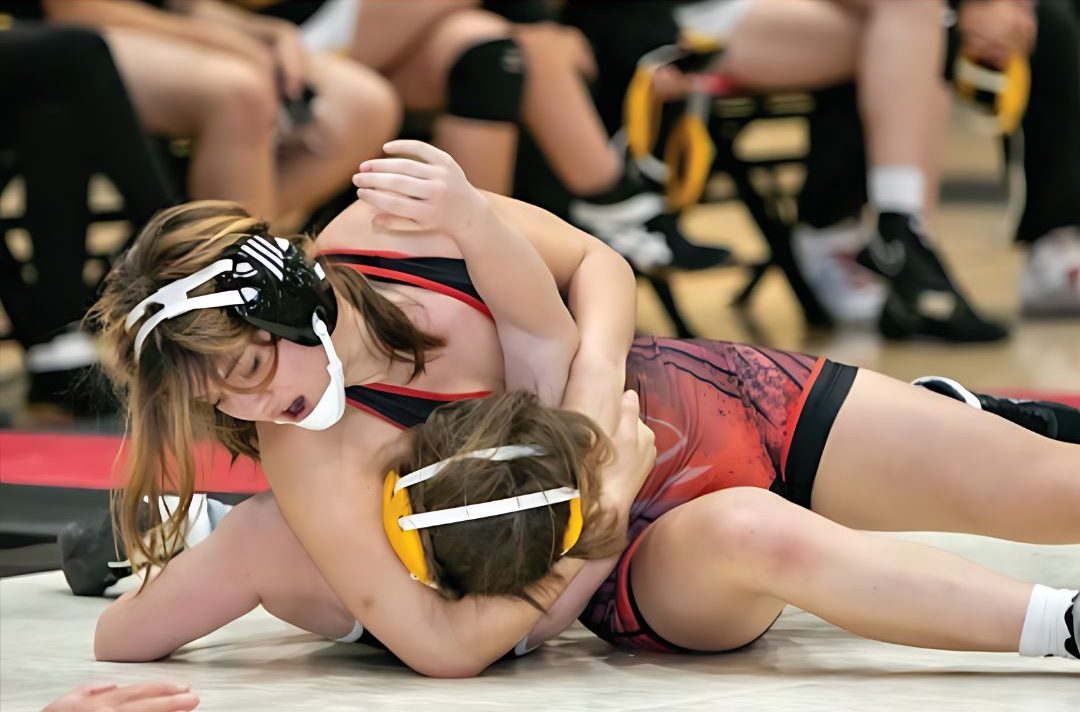By: Laurel Comiter
Students who participate in athletics outside of school have busier schedules than the average student. ey have to balance school, homework, social life and sports—everything the average student must manage and more. However, this should not be a reason to be excused from participating in Physical Education (P.E.) classes. P.E. is a required class for everyone because it teaches more than just sports: the class covers how to keep a healthy
and active lifestyle and how to maintain good interpersonal relationships. If out-of-school student athletes are excused from P.E., they miss out on a chance for positive stress relief between periods as well as the opportunity to learn the proper way to exercise, important leadership skills and how to live a healthy lifestyle.
The National Association for Sport and Physical Education believes that policies allowing exemptions are not beneficial to students because participating in one sport does not expose students to many of the other activities and standards that are taught in P.E. According to the Gunn course description of the 10th grade P.E. class, “an effort is made to develop an interest and appreciation of an active and healthy fitness level for the future,” something that is not focused on in club sports. P.E. prepares students for the future by requiring discipline and promoting goods sportsmanship. Just like core classes, the goal of P.E. is to provide a well-rounded education in various sports, skills and activities that may be useful later on.
Although out-of-school athletes participate in sports and therefore maintain a healthy fitness level, they miss out on key life skills taught in P.E. classes such as keeping a healthy diet and leadership skills. Many out-of-school sports focus on one thing only: winning championships. However, P.E. games and activities often work on team-building and teach students how to work with people of all different skill levels and maintain a positive attitude. is growth in comradery can be more beneficial than winning. Club sports, selective as they are, do not expose athletes to working with others of various skill levels, thus preventing a sense of leadership from developing as a result of mentoring those below their skill level. In P.E., however, there are plenty of opportunities for people to gain exposure in playing a sport with people of a variety of levels different than just their own.
Finally, P.E. is a perfect stress reliever in the midst of a busy, stressful school day. School isn’t always a fun and inviting place, and one of the original purposes of P.E. is to create a class where kids’ minds have a release. Out-of-school student athletes would miss out on having a set time during the day to take a mental break, have fun playing games with friends and not worry about being graded based on skill. Students who are required to take P.E. also have the opportunity to participate in the universal high school tradition of turning what could seem like a pointless class into one where countless memories are made. is class is a new opportunity to create friendships through teamwork and physical activity.
Students who participate in athletics outside of school should still be required to participate in P.E. to ensure that they become well-rounded students with regards to sports, a healthy lifestyle and stress relief. If these students are excused from P.E., they will miss out on important high school experiences as well as key information and skills they will carry with them for the rest of their lives.





